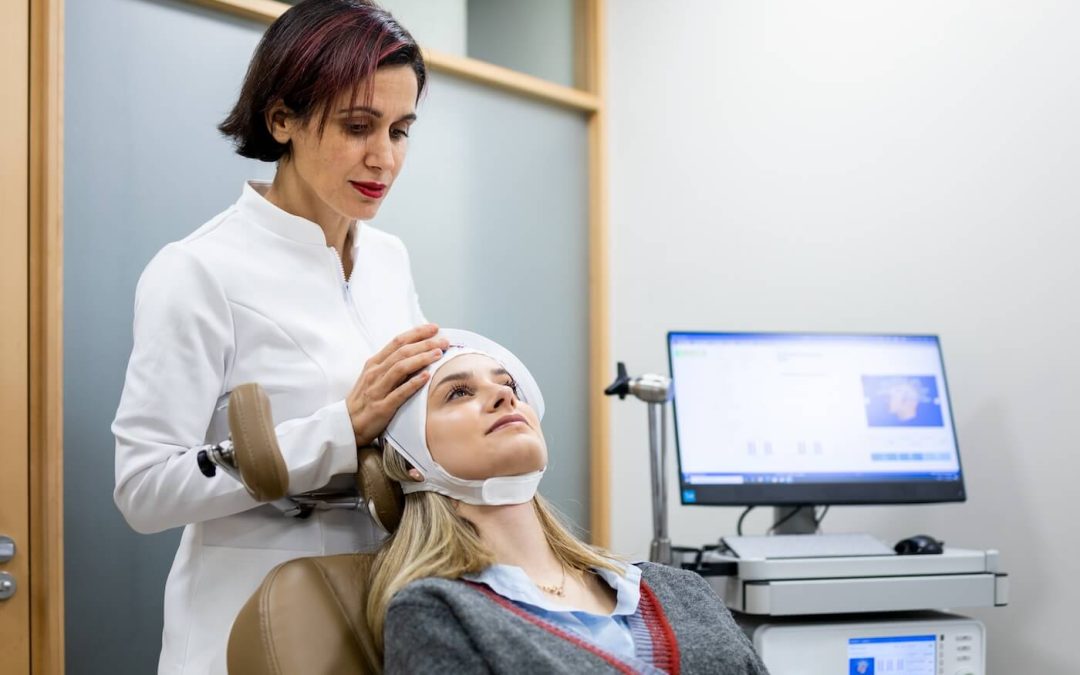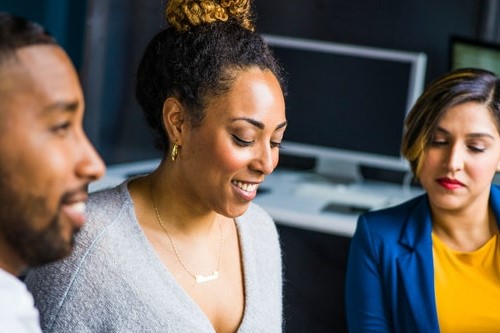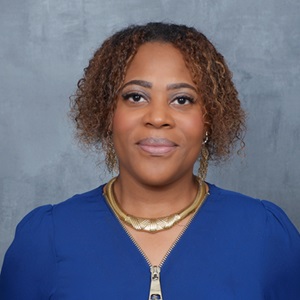Couples Counseling
O vercoming relationship hurdles is not an easy process. From effective communication to the art of fighting fairly, there is a significant amount of learning required to successfully maintain a happy, healthy relationship with your partner.When one or both people in a couple is unhappy or frustrated, it can sometimes be difficult to get your relationship back on track. At times, it may even seem like your relationship is destined for failure. The good news is that couples counseling can help resolve problems in about 75 percent of cases.
You need a safe, neutral place where you can share, listen, and discover obstacles and solutions that can only come to light through expert consultation. OMH therapists provide insight and strategies to help you maintain and deepen your relationship, while facilitating communication, mutual growth, and understanding, during the course of your therapeutic work. Below is a look at some of the key causes of relationship problems and some of the specific ways that couples counseling can boost the health of a relationship.
What factors can lead to a troubled relationship?
Relationship challenges can arise as a result of a number of factors. In some cases, a marriage or partnership fails to meet the expectations of one or both people. In other instances, frustrations arise because one person in the relationship feels as if they are investing more in the relationship than their partner. Some of the most common causes of relationship troubles are as follows:
- Infidelity among one or both partners
- Financial difficulties that place strain on a relationship
- Poor work-life balance among one or both people in the relationship
- A physical or mental illness diagnosed in one or both of the individuals
- Abusive behavior by one or both members of the relationship
- Life transitions such as job loss or a move to another city
- Infertility or difficulty conceiving children
- Differences in opinion about how to raise or discipline children
What are the goals of couples counseling?
One of the best aspects of the counseling process is the ability to establish unique goals that relate specifically to you and your partner. An effective counselor will help you identify your relationship struggles and outline your top priorities to focus on during your sessions. In general, counselors strive to help couples improve their communication skills and develop appropriate problem-solving techniques. Counselors also work with both partners to help them develop mutual respect and empathy for each other. Finally, couples will learn how to strengthen their connection with each other and rediscover the intimacy in relationships.
Who can benefit from couples counseling?
Virtually anyone who has a spouse or partner can benefit from couples counseling. Decades ago, couples counseling was often used as a last resort by married people whose relationships were experiencing turmoil. As the field has evolved, a growing number of people are seeking couples counseling. This includes people seeking a healthy way to get their relationship started off on the right foot. Here are some examples of people who can benefit from couples counseling:
- Newly married couples who are having difficulty adjusting to married life with their spouse
- People who have been together for decades who are grappling with doubts about the future of their relationship
- Couples who are preparing for marriage who would like to improve their relationship and communication skills
- People who would simply like to improve their relationship
What can you expect when you take part in couples counseling?
If you have never visited a counselor, then you may wonder what to expect during your first session. While each couple’s experience will be unique, there are some commonalities that many sessions share. For instance, most counselors will ask that you and your partner provide some background information regarding your health (including any prescribed medications), employment, and extra-curricular activities. Your counselor will meet together with you and your significant other to ensure transparency. Here are some other commonalities that you can expect to find:
- Location: Sessions are usually held at the office of a licensed psychologist or social worker.
- Session length: Most counseling sessions last between 45 minutes and an hour.
- Timing: Sessions are typically held on weekdays between 9:00 a.m. and 6:00 p.m. with evening and weekend sessions available upon request.
- Session frequency: Frequency varies according to a couple’s individual situation, but most sessions are held once per week.
- Confidentiality: All counselors is obligated by law to protect your privacy. This creates an environment that is conducive to self-disclosure.
What should you do if you are experiencing trouble in your relationship?
If you are having difficulty in your relationship with your spouse or significant other, the best step to take is to visit a therapist with experience counseling couples. With the guidance of a trained psychotherapist, you and your loved one can develop productive communication skills and learn how to strengthen your relationship. As you compare couples counselors in your area, make sure that you select one with the proper credentials and experience to provide couples counseling.
In addition to resolving to seek counseling, you should make it a top priority to develop better communication skills. Dartmouth College notes that these skills must be learned, and point to counseling as an effective means of helping people acquire them. They also outline a couple of key steps to take to ensure that you and your partner achieve the greatest benefits from couples counseling:
- Be among the proactive 5%: Less than 5 percent of divorcing couples explore counseling. Resolve to be among this 5 percent.
- Do not procrastinate: Many couples wait years before exploring counseling. This can allow small issues to grow into large problems.
- Explore all of your options: Do not consider divorce or a breakup as an option before you give counseling and other avenues of rehabilitation.
We can help!
Not all couples counseling yields fruitful results. It is important to choose a counselor with the skills and expertise required to help you and your loved one thrive in your relationship. At OptiMindHealth, we help couples develop the communication skills needed to forge an intimate bond. We invite you to contact us today and fill out our brief appointment request form to set up a consultation with one of skilled, licensed counselors. Our experienced team of licensed social workers, psychologists, and counselors is here to help you and your partner develop healthy communication skills and improve your relationship. We look forward to helping you and your partner build a healthy, lasting relationship!
If you are interested in seeing an OptiMindHealth provider for Couples Counseling, start by Requesting an Appointment with us today.
Locations Where Service is Available
Recent Posts on Couples Counseling

What is TMS?
As more Americans turn to medication for mental health care, it’s becoming clear that traditional treatments don’t work for everyone. This fact is prompting a growing interest in new and innovative therapies. One such breakthrough is Transcranial Magnetic Stimulation,...

The COVID-19 Crisis and Getting Help
The coronavirus (COVID-19) crisis is unprecedented, and affects not only our physical health and daily lives, but also our mental health. The first case of COVID-19 was discovered in China's Wuhan city, and has since been spreading worldwide. The severity of the...

Group Therapy Can Help
Group therapy is counseling for a small group of people struggling with similar concerns. It is often a rewarding experience, and suitable for many people. As such, it can help those struggling with social isolation, depression, and the effects of trauma. In some...

Dialectical Behavior Therapy
DBT is a type of counseling that helps us learn how to seize the moment, cope more easily with stress, improve relationships, and regulate emotions. So, it is helpful for many of us create more stability in our lives. It was at first intended for those with borderline...








